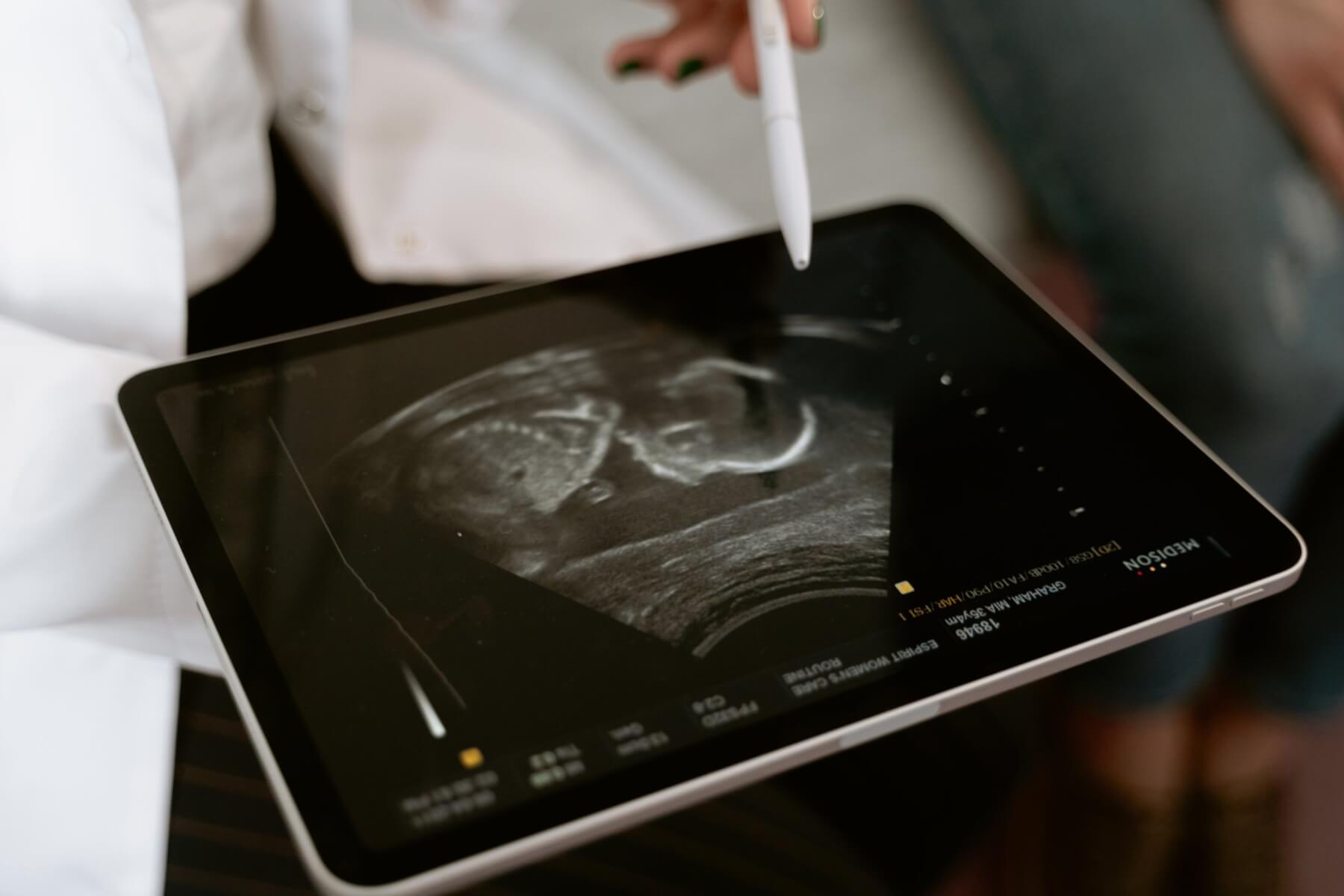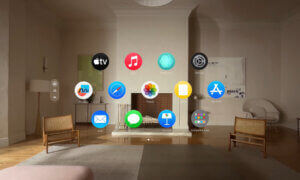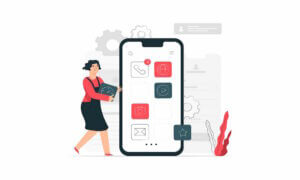When they first started to appear, healthcare apps were not very popular and were not very widely available.
Things have since changed however and, with more developments in the smartphone and wearable industry over the years, there have been over 318,000 mobile healthcare apps available in 2018. Now, with around 200 new ones being developed every day, there are a plethora of options out there.
Also Read: Apple Healthcare Powered By Apple Watch – Is This the Future?
And there has been a shift in patient behavior as well: there’s now more people who want to know details about their health, some of which want to do their own research and better understand any illnesses or diseases they might be faced with. On the other hand, these apps also decrease the costs of care.
These apps range from general wellness and caregiving to apps that keep track of mental health and allow people access to their health records as well as apps that diagnose or track illness or disease.
And, of course, since the beginning of the Covid-19 pandemic, the number of healthcare apps has done nothing but increase and people have relied on their mobile devices to access healthcare more than ever before.
In order to create a successful healthcare app, you have to meet some basic user demands: it has to be easy to use, to allow access to clear information and, most importantly, let the users communicate easily with professionals.
Based on these criteria, we have compiled a list of the best healthcare apps currently available at the click of a button.
All these apps are available via iOS and/or Android though keep in mind that some of them might require you to pay a download or monthly fee in order to use them to their full potential.
Mobile MIM
Mobile MIM is the very first medical app to be adopted in the iTune store.
It allows users to share images from radiation oncology, radiology, nuclear medicine, neuroimaging and cardiac imaging, which can in turn be accessed by physicians for consultations with their patients as well as with their peers, in challenging cases.

Also Read: Chinese AI Wins Against Doctors in Neuroimaging Recognition Competition
AirStrip
This app aims to link physicians with their patients regardless of the type of smartphone they use or their geographic location.
It works by collecting all the health data of one patient in one, centralized location, which allows for an overall view of the patient’s health. AirStrip is mainly used as a tool to aid physicians reach a diagnosis in a timely manner, thanks to accurate, clinical information they can access at a glance.
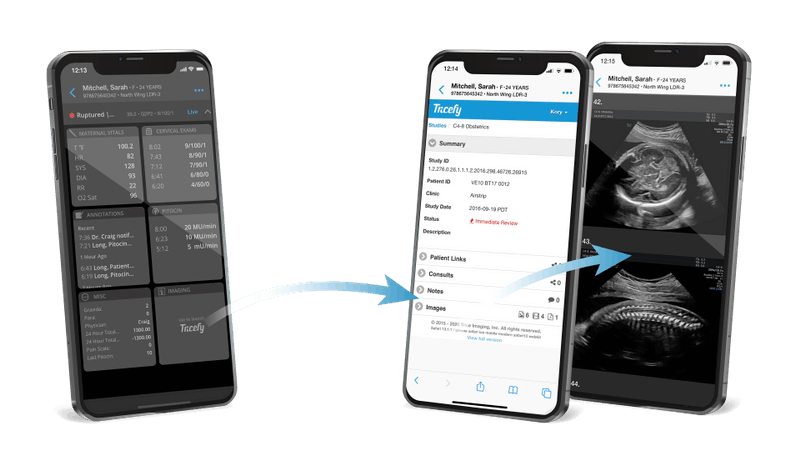
Doctor on Demand
This app allows for video consultations with a doctor and allows them to write the patients prescriptions, should they be needed, or simply answer any questions they might have about their health.

All the physicians are board-certified and can treat medical cases that are not considered emergencies such as colds, sports injuries, allergies and more. They can refill existing prescriptions and you can even access psychologists. Altogether, Doctor on Demand has over 1400 state-licensed physicians available.
Keep in mind however, that this app is not available in all U.S states however, due to state-specific laws.
Epocrates
This app is mainly aimed at clinicians but can be used by patients as well, to check a number of drug-related information. Epocrates has a huge archive of medical information which includes drug interaction checkers as well as a tool that helps them identify unfamiliar pills.
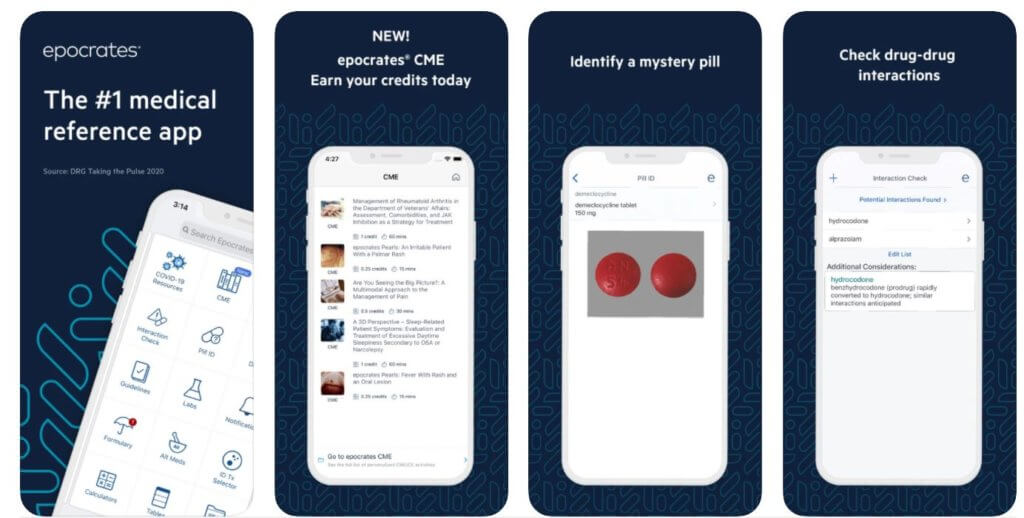
In addition to that, the app allows access to drug coverage information for 6,600+ U.S insurance plans, all organized by state as well as over 6000 dosing calculators and medical equations.
The app also has a texting service that allows hospital personnel and physicians to be in contact with each other and also stay updated with disease information, ICD-10 codes and more.
Also Read: The First Digital Pill Has FDA Approval
PingMD
Patients usually download PingMD after a medical health expert has recommended it to them, as it allows them to keep in contact. The doctor will normally use it to keep an eye on symptoms or assist in disease management via text, image sharing and more.
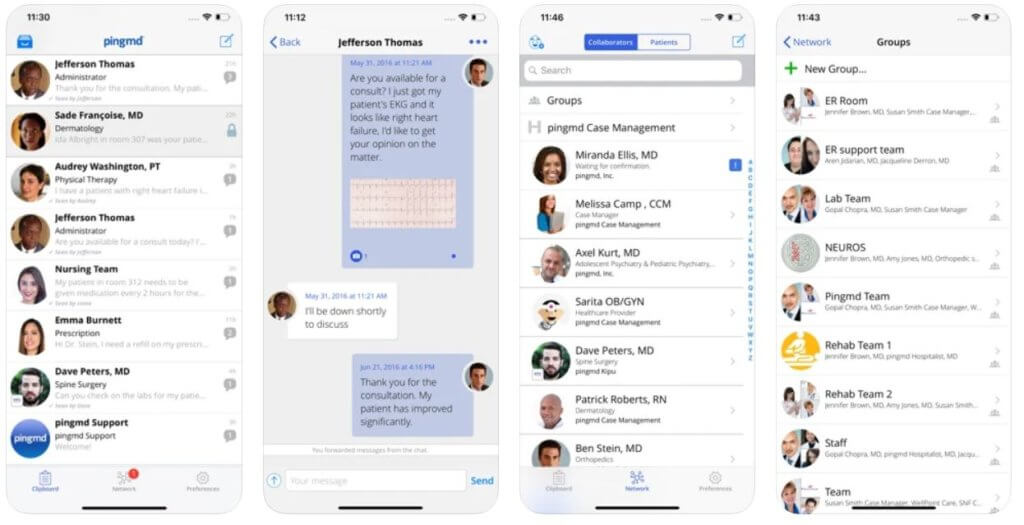
The app is tailored to fit every individual’s workflow and taste but at the same time it allows all health administrators, from doctors to nurses, to access detailed, up-to-date information about their patients.
Generis: DNA & Nutrition
Generis stands out due to the fact it uses your DNA data to improve health and fitness in a way tailored to each individual.
By using 23andMe or Ancestry.com, the users can gain access to nutritional information based on the information provided by their genes: how their bodies process food, builds muscle or absorbs vitamins and minerals.
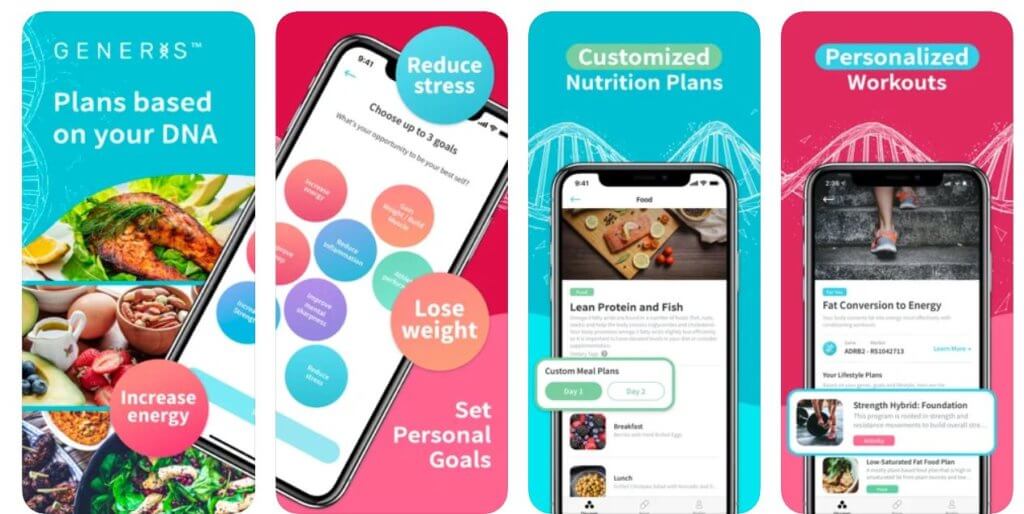
Before uploading their DNA information, the users are prompted to choose their end goal (sleep better, increase energy, lose weight, etc.) and complete a lifestyle quiz. They then will have to wait around 24 hours to receive their results.
Also Read: Future Lunar Ark Project Could Store Millions Of DNA Samples
Talkspace
If you struggle with mental health issues, it’s sometimes hard to access the necessary resources for in-person counseling and that’s where Talkspace comes in – you actually might have heard of this app more often than the other ones mentioned on this list, especially during the last year.
This app matches you with a licensed therapist from your state, with whom you can talk to via text, audio and/or video.
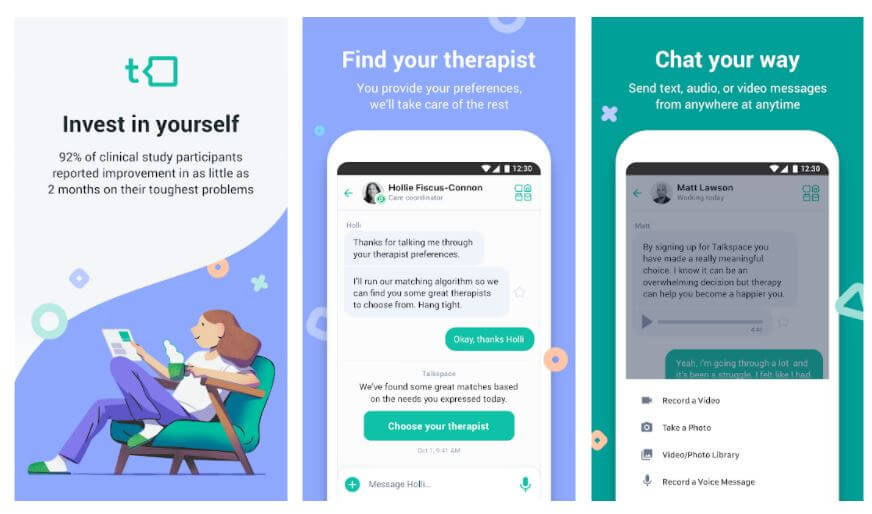
The therapist will be available to you 5 days per week and you will hear back from them at least once a day. These therapists are qualified to help patients address a number of mental health issues, from depression, anxiety and eating disorders to PTSD and more.
8fit
As you might have guessed from the name of the app, this is a personalized fitness and meal planner app.
The users upload their fitness levels and make notes about their dietary preferences. Shortly after, they receive customized workouts as well as meal plans that will help them reach their goals.
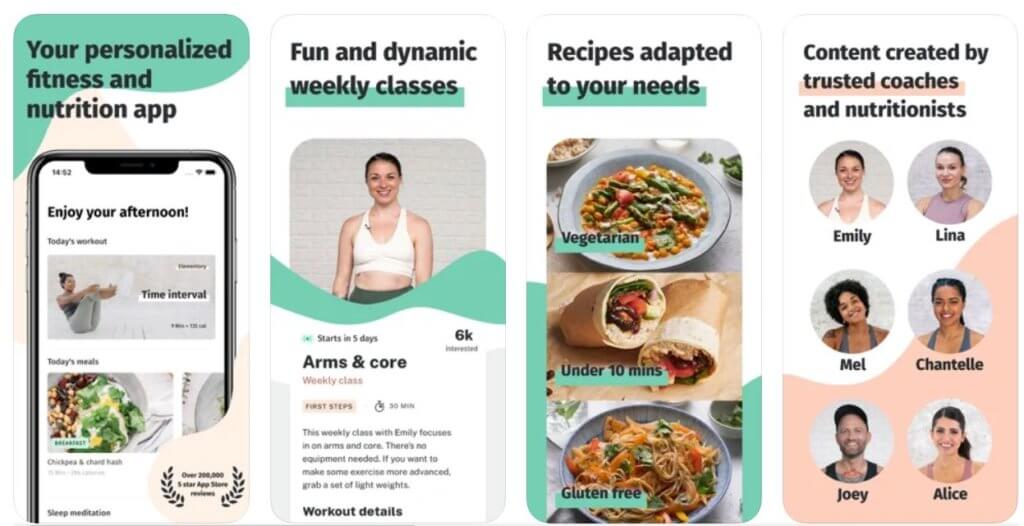
The workouts recommended by the app don’t need special equipment and the app also explains to the users proper form. In terms of meals, the app has information on alternative ingredients for each recipe.
Also Read:NordicTrack Announces Fitness Bike That Will Keep You Motivated With VR Games
As you can see, there are plenty of healthcare apps out there, fit for every need, regardless if you are a physician or a patient, or you’re simply looking into getting a bit more fit.
Have you used any of these apps? If so, which and if not, which one do you prefer and why? Let us know in the comments.
Follow TechTheLead on Google News to get the news first.

